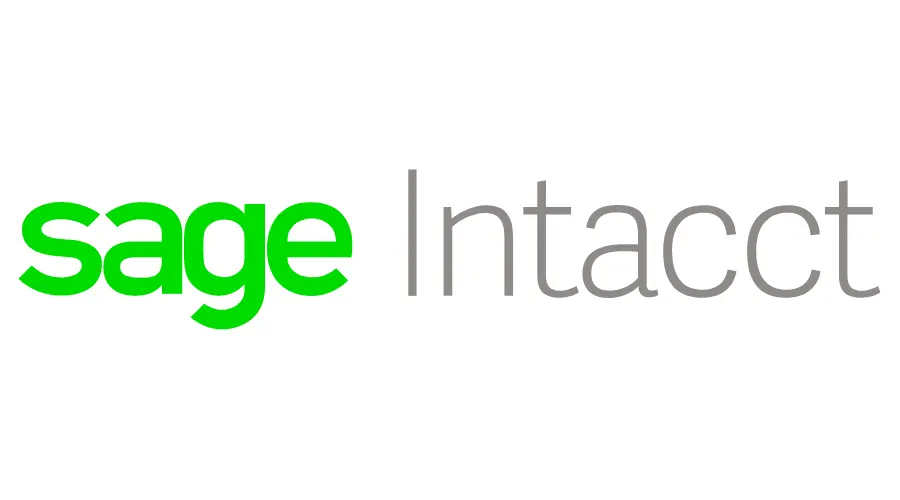What is receivable management?
Accounts receivable management is the procedure of ensuring that customers pay their levy on time. It helps the businesses to stop themselves from running out of functioning capital at any point in time. It also prevents overdue payment or non-payment of the awaiting amounts of the clientele. It builds the businesses financial and liquidity spot.
What is Accounts Receivable?
The statement receivable stands for the amount of payment not acknowledged. This means the company has a comprehensive credit facility for its clientele.
Accounts receivable is the wealth that a business has a right to receive after a certain phase of time when the business has sold goods or services on recognition. For example, the accounts receivable is the record of fact that a company has done some employment for customer X and that customer X owes money to the corporation. Generally, the credit phase is short ranging from a month or two to a year.
Why is receivable management important?
The businesses typically have invested money in selling a product or delivering a service. After selling the goods, the inventories diminish, and in turn businesses need an asset to equilibrium the financial statements.
As receivables management form the main part of the organization’s asset, it leads to the age group of cash in-flow in the books of the association.
The objective of receivables management in accounting
Monitor and perk up Cash Flow
Receivable management monitors and manages all cash actions of organizations. It maintains systematic evidence of all sales transactions. Receivable management helps the business in deciding suitable investments in trade debtors. It aims that enough cash desirable for day-to-day activities is maintained at business.
Avoid Invoice dispute
Receivable management has a well-organized role in avoiding any dispute arising in commerce. Disputes unfavorably affect the association between clientele and business organizations. Complete and fair record of all transactions with customers is maintained daily. There is no possibility of confusion and dispute arising as all sales dealings are accurately maintained
Improve Up Sales Volume
Receivable management increases the sales and productivity of the organization. By extending the credit facilities to their clientele, businesses can improve their sales volume. More and more customers can do dealings with the business by purchasing products on a credit basis. Receivable management helps the business in an organization and decides their asset in credit sales.
Perk up Customer pleasure
Customer pleasure and preservation are key goals of every business. By lending credit, it financially weakens clientele who can’t purchase business products fully on a cash basis. This strengthens the relationship between customer and organization
Professional receivables management
The goal of Professional receivables management is to ensure that consumers pay their bills. Overdue or non-payment can be avoided with good receivables management. As a result, it is a rapid and effective solution to improve the financial or liquidity position of the organization. This Wiki outlines the value of receivables management, as well as the advantages and how to set up an effective receivables process.
Outsource receivable management services
Accounts receivable is the term used to describe your company’s outstanding bills or money owed to it. Companies frequently fail to adhere to your payment terms and do not pay their invoices on time, requiring your accounting team to spend time and money tracking them down. Outsource receivable management services.
Many companies choose to have their accounts receivable collection handled by a third party.
That’s where accounts receivable management services come in. Accounts receivable management services are third-party companies that handle your company’s complete receivables and debt collection processes.




















 Company incorporation
Company incorporation














































